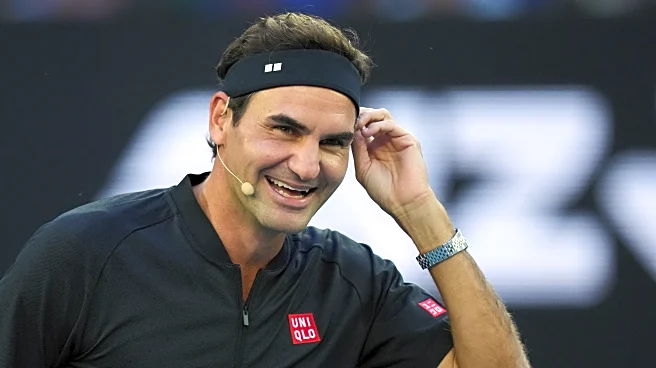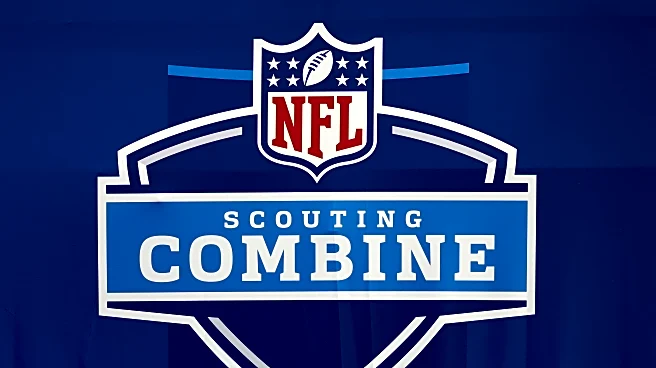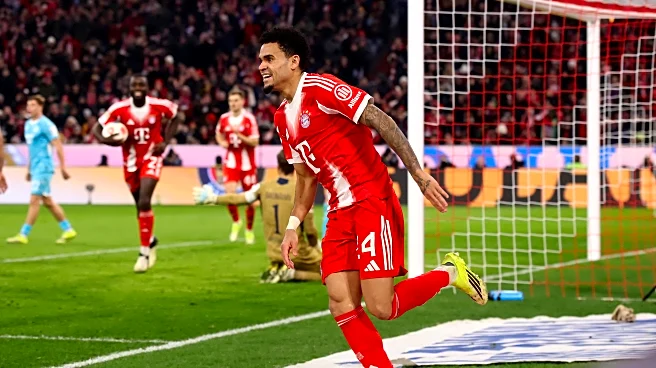What is the story about?
What's Happening?
The Pakistan Hockey Federation (PHF) has instructed its junior team to avoid any confrontations and not to expect handshakes from Indian players during their upcoming match in the Sultan of Johor Hockey Cup. The tournament, held at the Taman Daya Hockey Stadium in Johor Bahru, Malaysia, features six international teams, including Pakistan and India. The directive comes amid heightened tensions between the two nations, both on and off the field. PHF officials have communicated through head coach Kamran Ashraf that players should focus solely on their game and be mentally prepared for the no-handshake policy from the Indian team. This approach follows similar actions by Indian cricket teams, which have recently refused handshakes with Pakistani players in various matches.
Why It's Important?
The decision by the PHF reflects ongoing diplomatic and sports-related tensions between India and Pakistan. Such measures highlight the strained relations that extend beyond political arenas into sports, affecting interactions between athletes. The no-handshake policy could impact the spirit of sportsmanship and international sports diplomacy, potentially influencing future engagements between the two countries in various sports. This situation underscores the broader geopolitical issues that can permeate international sports events, affecting athletes' experiences and the perception of sportsmanship.
What's Next?
The match between India and Pakistan in the Sultan of Johor Hockey Cup is expected to proceed under the guidelines set by the PHF. The outcome of this match and the adherence to the no-handshake policy may influence future interactions between the two nations in sports. Stakeholders, including sports federations and diplomatic entities, may need to address these tensions to ensure that sports remain a platform for unity and fair competition. The broader implications for international sports diplomacy could lead to discussions on how to manage political tensions within sports contexts.
Beyond the Headlines
The directive from the PHF raises questions about the role of sports in international relations and the potential for sports to either bridge or widen divides between countries. The cultural and ethical dimensions of sportsmanship are challenged when political tensions dictate interactions between athletes. This situation may prompt discussions on the importance of maintaining the integrity of sports as a neutral ground, free from political influence.

















